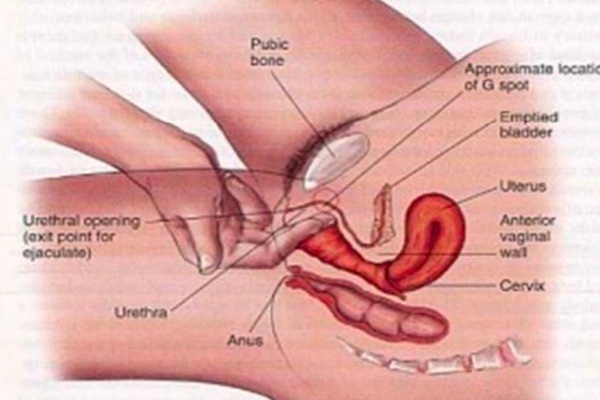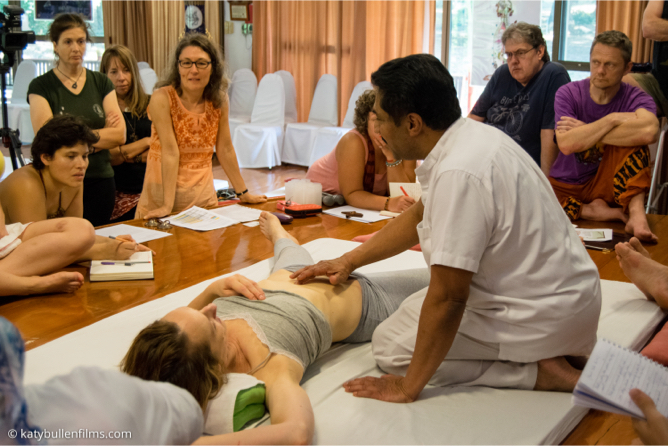The Diet of Tantra

When you contemplate the meaning of Tantra you wouldn’t be alone if the last thing you thought of was food, however, many cultures from all around the world have developed different types of rituals based on offering food to deities. Indeed food and spiritualism are linked as are food and well being. Tantra incorporates nourishment for the mind, body and soul.
There are several ways to approach the idea of sacred food and diet; firstly, the concept of ‘charging’ the food with sacred has been known for a long time in Christianity, as well as in the Jewish tradition. For example, the taking of holy communion in which the bread represents the body of Christ.
However, from another perspective, any kind of healthy food should be considered sacred as it is a gift that preserves life and invigorates the body, warding off illness. Good nutrition is one of the basic foundations of good health and wellbeing. In Tantric practices a good, ‘clean’ diet is promoted, one that avoids stimulants and toxins. In his book ‘Emotional Detox through Bodywork’, Mal Weeraratne promotes undergoing a physical detox to aid the process of undergoing emotional detox through Tantric/Tao bodywork. He explains that ‘when undergoing healing through deep bodywork it is important to support your healing process by undertaking a physical detox.’
In Tantra the act of eating and drinking may also be considered a deeply sensory experience, which can be considered orgasmic and blissful. Tantra practices teach you to avoid toxins and to ingest good, healthy, nutritious food slowly and calmly and to always focus on extracting the essence from the food you ingest.
Mal explains that when embarking upon Tantric Journey training he advises students to ‘Eat moderately and choose alkaline foods as well as the most healthful foods specific to the current season. I tell all students to avoid acidic, bitter, salted, caffeinated or excessively spicy foods as well as alcohol and other stimulants.’
It’s important to be ‘mindful’ when eating and preparing food explains Mal. Indeed Yogic teachings underline the fact that the mental attitude of the person who prepares the food becomes impregnated into it on a spiritual level. Furthermore, the attitude with which we eat is also highly important, as it may have effects upon the entire digestive process; therefore it is important to take time, relax and see eating as a joyous occasion not a stressful chore.
Mal advises that whilst cooking, it is best to maintain a meditative, contemplative attitude, or even sing, as this helps the mind focus and will contribute to the sacred quality of the food. He explains, ‘it is so important to be aware of your mood when preparing and eating food…to be mindful. One of the things I love about teaching in Tao Gardens’ in Thailand is the lovely healthy dishes that are prepared daily. It is a wonderful dining space in which students and teachers can relax and enjoy nourishing food. In the dining room at Tao Garden tasteful dishes are prepared from fresh natural ingredients and they are prepared mindfully. There is so much choice and a significant proportion of the vegetables and fruits come from their own organic gardens. The food at Tao Gardens is sacred and it adds a really important element to Mal’s work.
There is a great Chapter in Mal’s book that explains the benefits of following an alkaline diet, but he says that , ‘even if you don’t want to fully embrace an alkaline diet, you can make beneficial changes to your health by being mindful about your food choices. When I teach students in the UK or treat clients at my Tantra Temple in Hammersmith, London I always tell them to follow a simple, light, vegetarian diet prior and after a treatment and to avoid alcohol, coffee and tobacco. This is a very important instruction’.
To experience mindful cooking the unique Tao Garden Healthy Cooking Course is a great starting place, but if you fancy an emotional and physical detox then Mal offers courses on Emotional Detox both in the UK and at the beautiful Tao Gardens.











